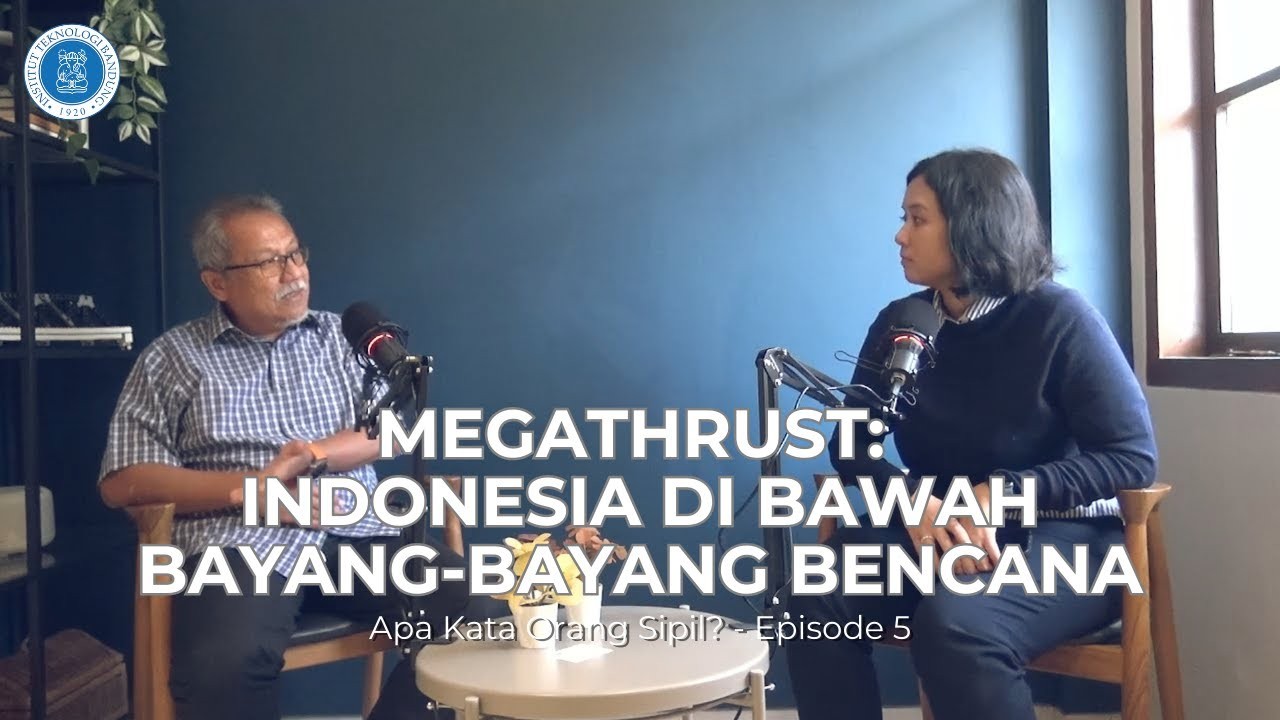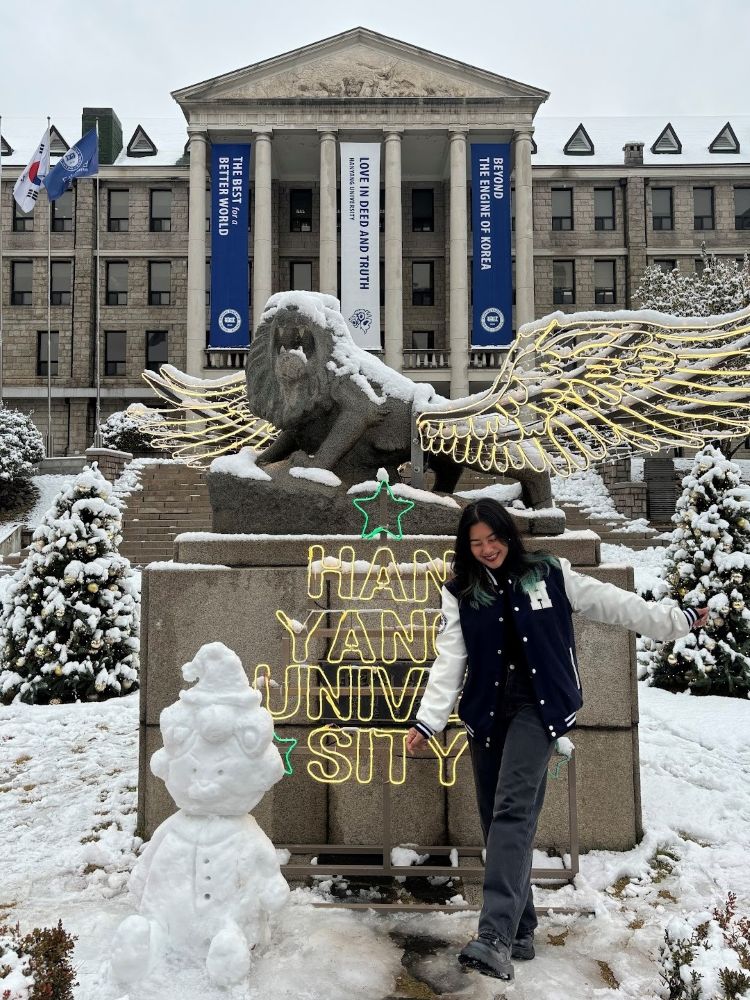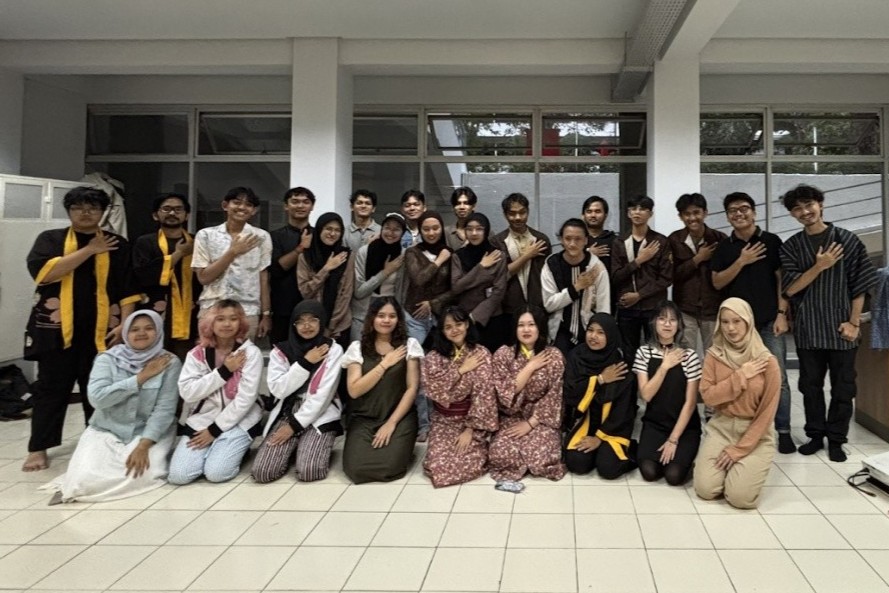Vermicompost and Three Sisters: ITB Agricultural Engineering Team Wins Runner-Up at GSIC
By Helga Evangelina - Mahasiswa Rekayasa Pertanian, 2021
Editor M. Naufal Hafizh, S.S.
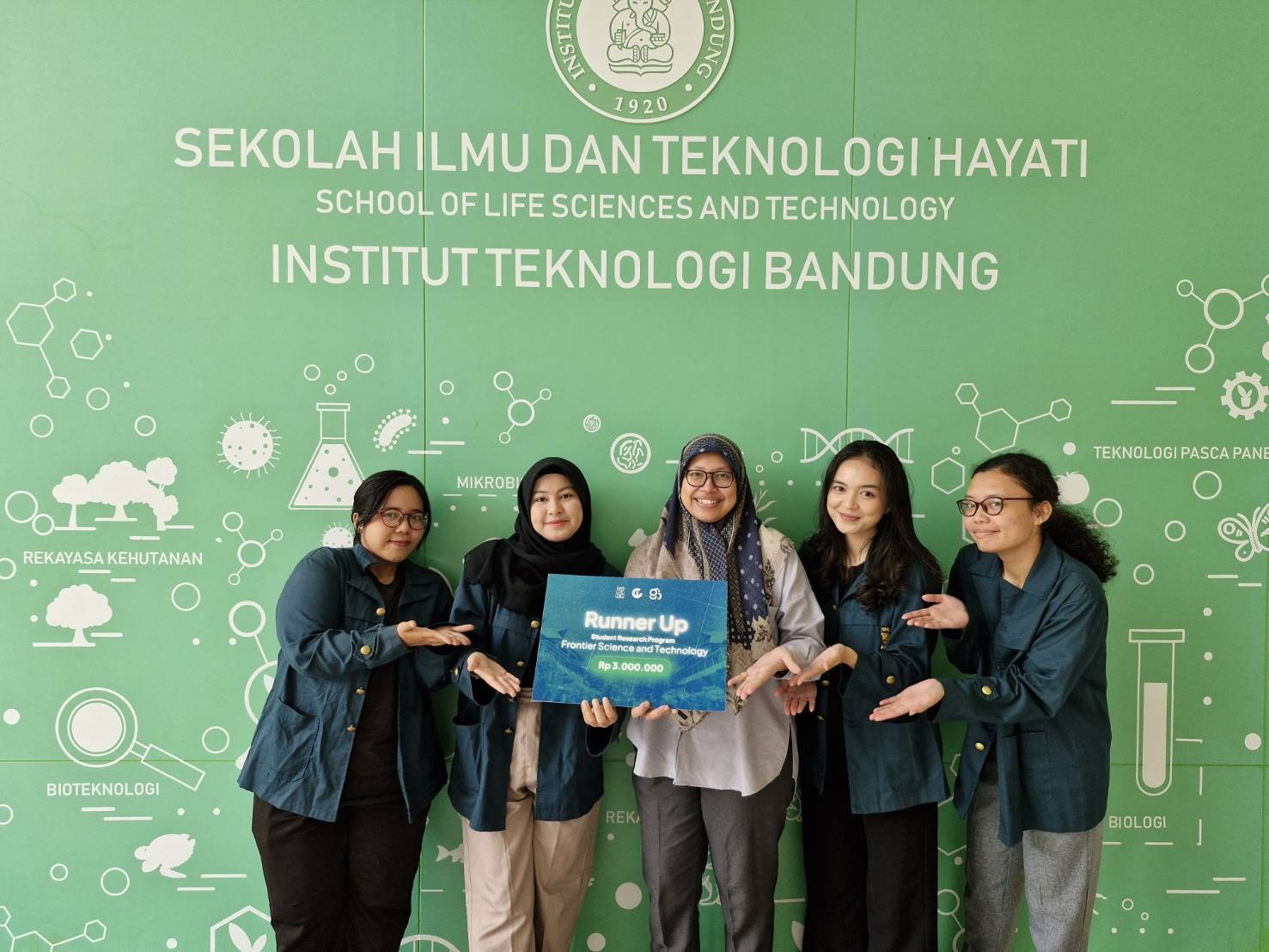
GSIC serves as a platform for professional development, creativity, and innovation of ITB students. This event is under the supervision of the ITB Student Family Cabinet (KM ITB) and provides students with an opportunity to present scientific and technological solutions for various global challenges.
The success of the ITB Agricultural Engineering team was achieved through their innovative research titled “Analysis of the Effect of Vermicompost in the Three Sisters System on Phosphate-Solubilizing Bacteria (PSB) Population Dynamics and Soil Phosphate Levels as Sustainable Agricultural Practice.”
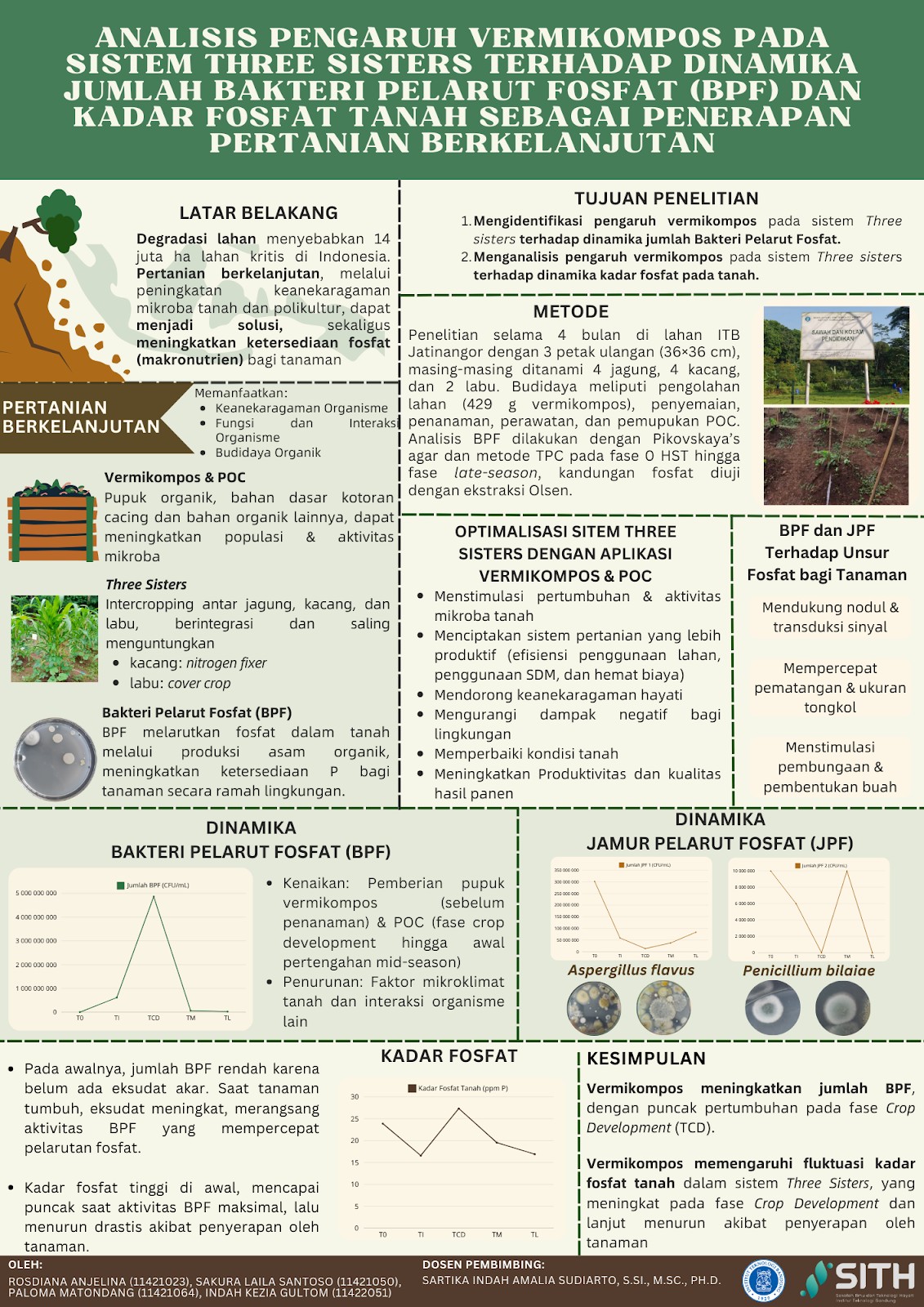
This research focuses on the Three Sisters agricultural system, which is a traditional polyculture technique that grows multiple crops simultaneously in the same area. In this research, the crops planted were corn, pole beans, and squash. These three plants were planted together due to their symbiotic relationships. The team’s innovation was to add vermicompost, which is an organic fertilizer based on worm dung that contains beneficial microbes, including Phosphate-Solubilizing Bacteria (PSB).
The use of vermicompost in this system aims to naturally enhance soil fertility, reduce farmers' dependence on chemical fertilizers, and develop a more environmentally friendly agricultural method.
“Our research provides initial insights into the implementation of sustainable agriculture that can improve soil conditions, increase crop yields, as well as increase biodiversity. Additionally, our research proved the potential of Phosphate-Solubilizing Bacteria (PSB) to continuously supply phosphate to plants, leading to improved harvests,” said Sakura.
This research was conducted over four months, starting from October 2024 to February 2025, at ITB Jatinangor Campus. Throughout this research, the team carried out a series of experiments to observe the Phosphate-Solubilizing Bacteria (PSB) population dynamics and soil phosphate levels throughout the plants’ growth cycle.
The study revealed that the Phosphate-Solubilizing Bacteria (PSB) population increased significantly during the early phase of growth and reached its peak during the plant’s developmental phase. After that, the PSB population decreased, possibly due to increased phosphate absorption by the plants and the changes in soil conditions.
Meanwhile, the phosphate level in the soil experienced fluctuations throughout the research. At the beginning, the phosphate level decreased before rising with bacterial activity, then decreased again as plants absorbed more phosphate to support their growth.
According to the team, this result shows that combining the Three Sisters system with vermicompost can be a solution to naturally enhance soil fertility without relying on harmful chemical fertilizers, which can potentially harm the environment in the long run.
The research was conducted under the supervision of Sartika Indah Amalia Sudiarto, S.Si., M.Sc., Ph.D., from the SLST ITB Ecology Expertise Group, who appreciated the team’s dedication.
“This achievement is a testament to the team’s dedication, hard work, and perseverance in exploring scientific knowledge. I am proud of their efforts and devotion that the team showed. I hope that this accomplishment serves as a foundation for future endeavors,” she said.
The team hopes that their research will increase public awareness about sustainable agriculture. By optimizing soil microorganisms and polyculture systems, farming can become more productive without harming the soil ecosystem.
“Many people believe that soil fertility can only be enhanced with chemical fertilizer. However, there are more natural and environmentally friendly alternatives, such as Phosphate-Solubilizing Bacteria and ecosystem-supporting planting systems like the Three Sisters. Soil is not merely a growth medium, it is a living ecosystem that must be preserved. By optimizing soil microbes, fertility can be maintained without disturbing ecological balance,” explained Rosdiana.
The team’s achievement in GSIC 2024 serves as evidence of the significant potential of sustainable agriculture innovation. May this accomplishment mark the beginning of major advancements in developing sustainable agriculture technologies.

